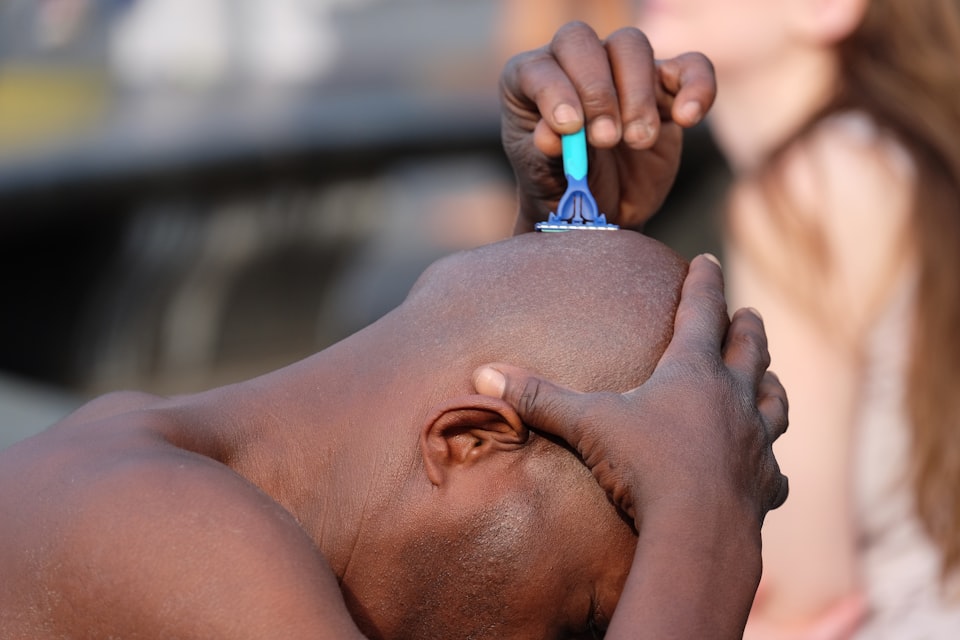The night's closing in. It’s time to decompress from a hectice day, and get ready for bed. If you want to sleep without tossing and turning, here are some evening habits to avoid.
1. Not Unplugging Wifi Before Bed
You don’t need the internet while you’re sleeping. Repeat. You do not need the internet while you’re sleeping.
You're surrounded by EMFs (Electromagnetic fields) more than ever (radio waves, wifi, your neighbor's wifi, Bluetooth, microwaves, etc.) with 5G slowly making its way into major cities, you may be at even more risk for EMF exposure. EMFs are low frequencies that you can't see or feel, but that are constantly bombarding your body. You can't avoid them.
When you're awake, there's less to worry about because your body is operating on a higher frequency that can't be as affected. But when you're asleep, your brain waves are different, and your body is more susceptible to frequencies.
Leaving WIFI on at night can cause EMF to:
- Damage to DNA
- Cause oxidative stress (free radicals begin to ravage your body and attack cells leading to accelerated aging and an increase of disease susceptibility)
- Distrupt the reproductive system
Turn it off and unplug it. Granted, you can't control what your neighbors do, but one less direct source can decrease your risk.
2. Eating The Wrong Things After 9 pm
Nine pm is usually the cut off time for eating. But it really depends on what time you got to bed. Generally, two hours before bed should be your end of meal tour. And although when you eat is important, what you eat is more important.
My before-bed snacks are usually popcorn or seasonal fruit like grapes, mangoes, or pomegranates. I used to eat trail mix but started seein belly fat lingering.
Although grapes and mangoes have sugar, it's natural sugar, which isn't as harmful. But sugary-based products such as cookies, cake, donuts, as well as unhealthy high-fat products such as pizza and chips are going to be stored as fat throughout your body. Sugar is slowly gaining notoriety as one of the leading causes of disease.
Consider healthy, low calorie, low sugar snacks such as popcorn, a plain yogurt with your addition of honey and fruits, nuts, and pumpkin seeds.
3. Not Self-Reflecting
How can you make tomorrow better if you don’t stop to focus on what made today work or not work? Self-reflection is key to living a healthy (mental, physical, spiritual) life. You have to quiet the noise and influence of the outside world and focus on yourself and your needs.
You can do this in a few ways:
- meditate
- read
- listen to music
- talk to yourself
- lie down and relax
Give the television and phone a break daily, and learn to be intuned with your body and energy.
Shop My Black Excellence Calendar and Journal Bundle

4. Sleeping With Electronics On Or Next To You
How many times have you received an emergency phone call at night? Just like Wifi has EMFs pouring out, so do cellphones. In the past, I used to put my phone on Airplane mode, but then I started seeing notifications and updates from certain apps showing up on my screen when I woke up. Airplane mode isn’t what it used to be.
Next, I started turning my phone off and keeping it next to me. For what? I don’t need my cell at night, and I don’t need it first thing in the morning. So I keep it in the living room away from my brain waves. I also purchased a smartwatch that I used to track my sleep. When I did research, I made sure that the phone had an airplane mode so that if I slept with it on or next to me, I would limit the EMFs.
Now I sleep electronic free. When I wake up, I’m up, and my day starts. I don’t need time to tell me it’s OK to stay in bed for a few more minutes. There’s work to do for me, and then there’s contract work to transition into during the day.
The only time my phone is next to me is if I have to be somewhere early in the morning. If you use your phone as an alarm regularly, consider switching to a standard alarm clock without the bells and whistles. Your phone shouldn’t be an all-purpose everything. It’s OK for it not to do one job in your life.
You know the damaging habits. So what’s next?





